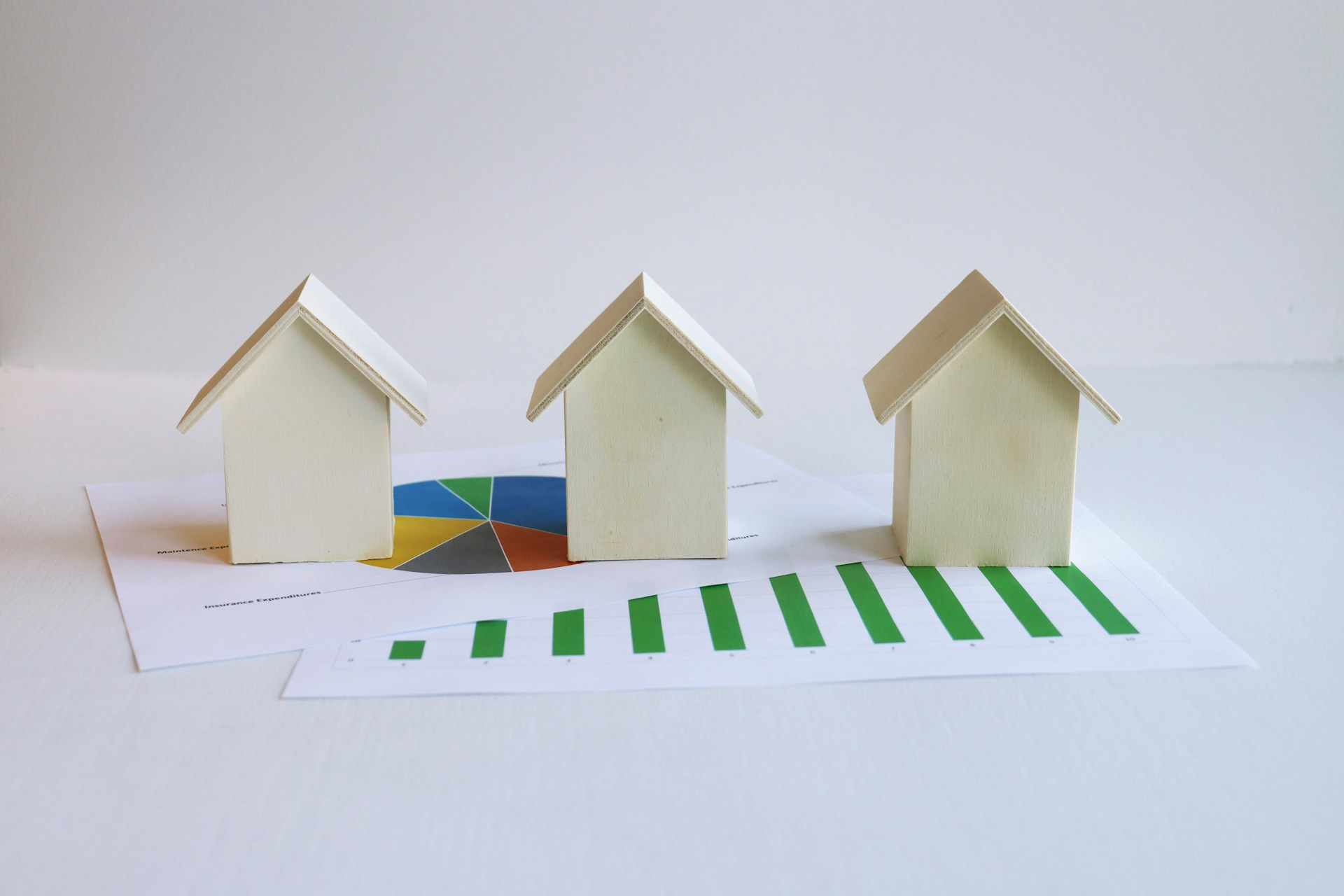When it comes to buying a home, many factors influence your decision, from the location and size of the property to the neighborhood amenities and school districts. However, one crucial aspect that often doesn’t get as much attention but can significantly impact your real estate choices is property taxes. Understanding how property taxes influence your real estate decisions is essential for making an informed and financially sound investment.
Understanding Property Taxes
Property taxes are levied by local governments, typically municipalities or counties, and are used to fund various public services such as schools, police and fire departments, infrastructure maintenance, and more. These taxes are usually calculated based on the assessed value of your property and the local tax rate. The assessed value is determined by a local tax assessor and can be influenced by factors such as the property’s market value, location, and improvements made to the property.
Impact on Affordability
One of the most direct ways property taxes affect your real estate choices is through affordability. When calculating your budget for purchasing a home, it’s essential to account for property taxes, as they can significantly increase your monthly and annual housing costs. A property with higher taxes may mean you have to settle for a less expensive home to stay within your budget, whereas lower taxes could allow you to afford a more desirable property.
For example, a home with an annual property tax bill of $6,000 adds $500 per month to your housing expenses. If you’re not prepared for this additional cost, it could strain your finances and affect your overall affordability. Therefore, it’s crucial to research property tax rates in the areas you’re considering and factor them into your budget calculations.
Influence on Location Choices
Property tax rates can vary significantly from one area to another, even within the same city or county. This variation can influence your choice of location when buying a home. Areas with higher property tax rates might offer better public services, schools, and infrastructure, making them more attractive to some buyers despite the higher costs. Conversely, areas with lower property tax rates might be more affordable but offer fewer amenities or lower-quality services.
For instance, if you’re considering two neighborhoods, one with excellent schools and public services but high property taxes, and another with average amenities but lower taxes, you’ll need to weigh the benefits and drawbacks of each. Your decision might depend on your priorities, such as whether you have children who would benefit from better schools or if you’re looking to minimize your monthly housing expenses.
Long-Term Financial Impact
Property taxes don’t just affect your initial decision to buy a home; they also have long-term financial implications. Over the years, property taxes can add up to a substantial amount, impacting your overall investment in the property. It’s essential to consider how property taxes might change over time, as they can increase due to rising property values or changes in local tax rates.
Moreover, property taxes can influence the resale value of your home. Potential buyers will consider the property tax rate when evaluating the total cost of owning the property. If you’re selling a home in an area with high property taxes, it might be more challenging to attract buyers, or you may need to adjust your asking price to compensate for the higher taxes.
Impact on Home Improvements and Value
Property taxes can also affect your decisions regarding home improvements. Since property taxes are often based on the assessed value of your home, making significant improvements that increase your home’s value can lead to higher property taxes. While upgrading your home can enhance its appeal and potentially increase its market value, it’s essential to be aware of the tax implications.
For example, adding a new room, renovating the kitchen, or building a pool can increase your property’s assessed value, resulting in higher property taxes. Before undertaking major improvements, consider the potential increase in taxes and weigh it against the benefits of the upgrades.
Navigating the complexities of property taxes can be challenging, but understanding their impact on your real estate choices is crucial for making informed decisions. Whether you’re buying your first home or considering an investment property, our experienced real estate agents are here to help. Contact us today to learn more about how property taxes influence your options and to find the perfect property that fits your budget and lifestyle. Let us guide you through the process and ensure you make a sound investment in your future.
In conclusion, property taxes are a significant factor in real estate decisions, affecting affordability, location choices, long-term financial impact, and home improvements. By considering property taxes and their implications, you can make more informed decisions and find a property that meets your needs and financial goals. Don’t overlook this critical aspect of real estate; take the time to research and plan accordingly for a successful and financially sound investment.

